Kazanorgsintez discloses development plans until 2020
The petrochemical enterprise held the conference ‘Petrochemistry of Tatarstan: science, innovation, production’
TAIF, Kazanorgsintez and Nizhnekamskneftekhim organized the conference 'Petrochemical Industry of Tatarstan: science, innovation, production' within the framework of the Tatarstan oil and gas petrochemical forum. The participants of the event discussed the prospects of the low-pressure polyethylene market, plans for the development of phenol and bisphenol A production and other areas. Most of the technologies for Russian manufacturers were completely new. But the main question of the conference was voiced by the deputy minister: how to provide Russian high-tech production with new polymers and find a balance between large-capacity and low-tonnage petrochemicals. Read the details in the material of Realnoe Vremya.
In the top 20 world producers of polyethylene
This year, the Oil and Gas Petrochemical Forum was dedicated to the 75th anniversary of the industrial development of oil fields in Tatarstan. The forum included exhibitions such as 'Oil. Gas. Petrochemistry', 'EcoTechnologies and Equipment of the 21st century', 'GEO-Kazan: geological exploration, geodesy, cartography' and 'Interplastics Kazan 2018'. 170 companies from different regions of Russia and from 10 countries of near and far abroad took part in the forum.
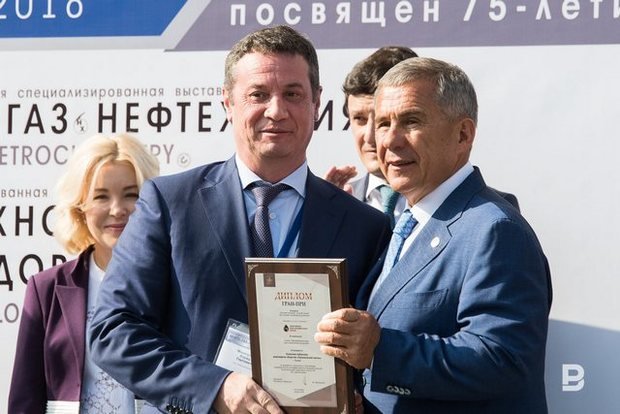
On the first day of the forum, Tatarstan President Rustam Minnikhanov awarded the best products presented at exhibitions. The Grand Prix in the nomination ''New promising types of petrochemical products'' was awarded to Kazanorgsintez PJSC for the development of technology and the organization of production of high-performance carbon-filled polyethylene composition of PE 100 pipe grade.
During the presentation of the stand of Kazanorgsintez to Rustam Minnikhanov, Farid Minigulov told about the fact that for the pipe grade polyethylene, awarded with a diploma, the company obtained a certificate for the conformity of polyethylene indicators with the requirements of ISO 9080. ''The international certificate allowed to enter the list of 20 world's largest producers of polyethylene. This grade of polyethylene is used for the production of gas and water pipes. To obtain the certificate, the pipes were tested for five years. Their service life reaches 100 years,'' Farid Minigulov said.
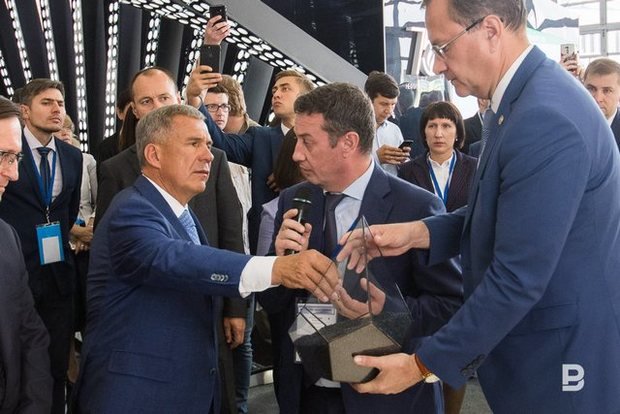
Leading export specialist for export at Kazanorgsintez PJSC Alexey Bashkirtsev told the correspondent of Realnoe Vremya that 5 years ago fragments of polyethylene pipe were sent for hydrostatic load testing. ''The pipes withstood the load, and our products now meet the international requirements. The certificate removes the artificial barriers that the world community raises when selling our products. Now we can compete on equal terms with Western firms,'' said Alexey Bashkirtsev.
Attention to low-tonnage petrochemical products
The unique pipe polyethylene was also discussed on the second day of the oil and gas petrochemical forum at the conference 'Petrochemistry of Tatarstan: science, innovation, production'. The event was organized by Kazanorgsintez and Nizhnekamskneftekhim, part of TAIF Group. Welcoming the participants, Deputy Minister of Industry and Trade of the Republic of Tatarstan Aleksey Savelchev noted that the technical creativity of the petrochemical enterprises of Tatarstan is worthy of respect and in many ways ahead of other Russian companies. He drew attention to the fact that the role of the state in the market economy remains significant. ''The market directs the interest of investment companies to the production of products with maximum added value. But in my understanding, to create primitive products from oil in the modern paradigm is like to heat the stove with bank notes. Now more than 60% of the world's chemicals are low-tonnage petrochemical products. I would like large companies to pay attention to this segment in the course of such meetings as today. It can become a point of growth,'' said Aleksey Savelchev.
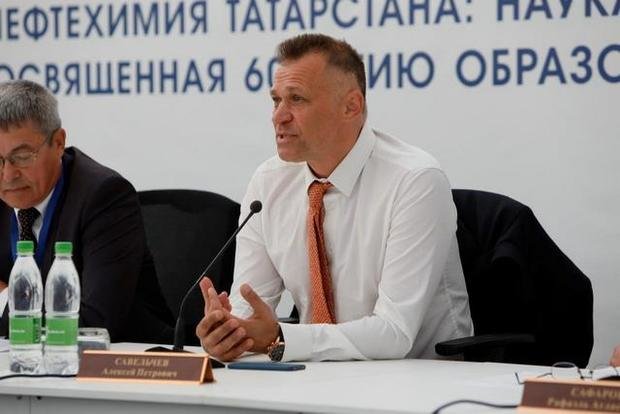
He suggested the enterprises to find a balance between large-capacity and low-tonnage petrochemicals. ''The same 'smart' materials. Who is ready to produce 100 tonnes of polymers for Ford Sollers? Nobody, because the market niche is small. Let's find a compromise. Without these polymers it is impossible to localize fuel tanks,'' the deputy minister said.
''We stand firmly on our feet today''
After the emotional speech of Alexey Savelchev, the next speaker was chief engineer of Kazanorgsintez PJSC Rafael Safarov. He identified three stages of development of the enterprise. The first stage of development of Kazanorgsintez was the time from the moment of construction until 2003. During this period, the last plant for the production of low-density polyethylene (HDPE) was launched, it happened in 1983.
''For twenty years we used what was built in the Soviet times. Global changes took place in 2003, when KOS joined TAIF Group. Our president and the government set a task to develop petrochemistry on the basis of Kazanorgsintez. In 2004-2010, the programme of investment development of our company was prepared, which we have successfully implemented,'' said Rafael Safarov. Over these years, the production of ethylene, low-pressure polyethylene, phenol, acetone was reconstructed, the bisphenol A and polycarbonate plants were built, warehouses for the reception and storage of raw materials were built. More than 1 billion USD was allocated for the implementation of these projects.
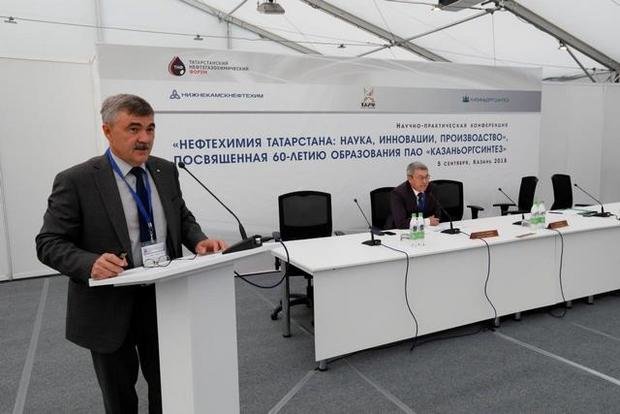
In 2013, the board of directors adopted the following programme to stabilize and improve the production technologies of the plants, which KOS has already successfully implemented. The programme, designed for 2014-2016, included the construction of the new two-chamber pyrolysis furnace of Technip company, the installation of a new extruder and expansion of HDPE line, a number of measures to improve the reliability of power supply. The implementation of the programme has allowed to achieve a twofold increase in the production of ethylene, polyethylene.
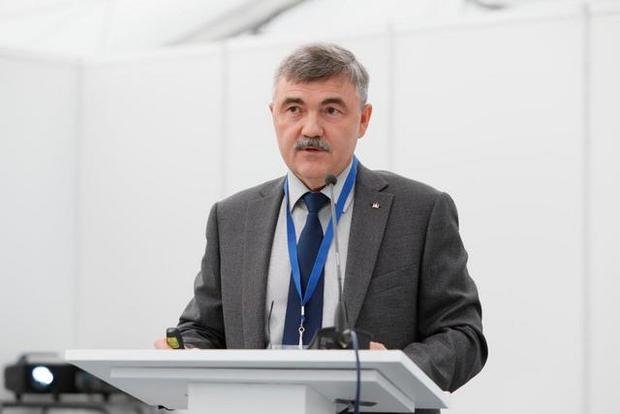
Kazanorgsintez is implementing an investment programme adopted for 2018-2020. ''We plan to increase the production of ethylene to 654,000 tonnes per year due to the propane scheme (read more about the propane scheme and the development of existing production in the interview with Rafael Safarov — editor's note). This project is aimed at solving the old problem of shortage of ethane raw materials, it will allow us to increase the load of existing production. The plans include the modernization of the polycarbonate plant, after which the capacity should grow to 100,000 tonnes per year. We also plan to introduce technologies for the production of cumene using heterogeneous zeolite catalyst on bisphenol A,'' the expert said. The work on the investment programme has already begun. Part of the measures to increase the capacity of propane raw materials will be carried out during the overhaul this autumn.
The production of bisphenol A can be brought up to 80,000 tonnes a year
The conference participants learned about the details about the production of bisphenol A (BFA) from irector of the plant Marat Khairullin. He said that there are four manufacturers of phenol in Russia, and only KOS produces bisphenol. A new era in the development of phenol production began with the entry in 2003 of Kazanorgsintez JSC in TAIF Group.
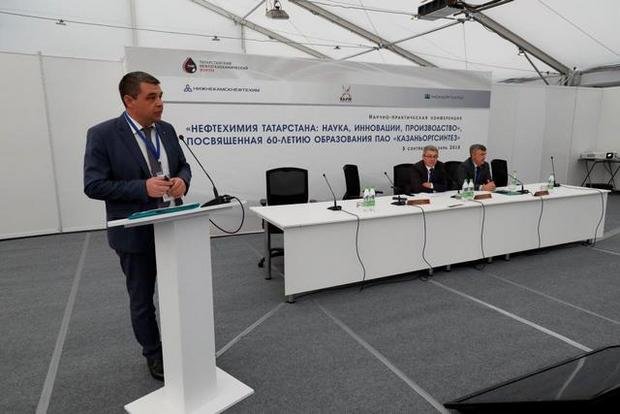
''In 2004, a large-scale reconstruction was carried out in the shops for the production of phenol and acetone, which turned the production of phenol into a modern industrial facility capable of providing the plants of BFA and polycarbonate built in 2007 and 2008 with raw materials. The incorporation of the phenol plant in the manufacture of BPA became logical. Since then, the process of development of the shops has gained new lease of life,'' said Marat Khairullin. The company began to produce more than 70,000 tonnes of phenol per year. In December 2016, a new distillation column for the separation of commercial acetone was launched, the result is a decrease in the loss of acetone by almost 6 times.
The design capacity of the bisphenol A production is 70,000 tonnes per year. In recent years, measures have been taken to improve the technology, modernization of the main equipment in connection with the high demand for BFA from the polycarbonate plant. This year pilot tests have been conducted to increase capacity.
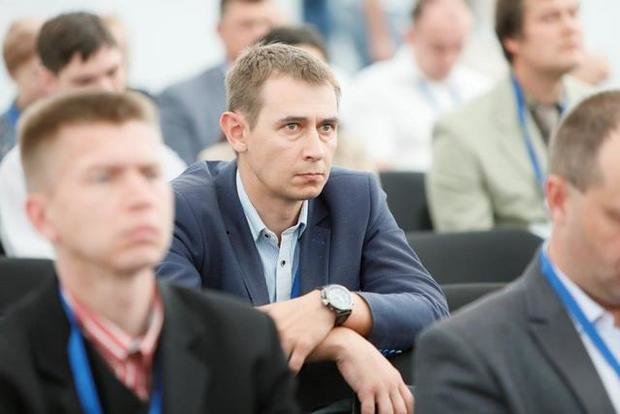
At BFA plant, as well as in all Kazanorgsintez, special attention is paid to the quality of products. An important stage of development was the signing in 2018 of the agreement on licensing of the production technology of isopropylbenzene by zeolite catalyst of Badger Licensing (USA). This technology allows to obtain fewer by-products, reduce the amount of waste water, improve energy efficiency. Implementation of the technology is estimated at more than 1 billion rubles and will be implemented in two stages. ''We are integrating the technology into the existing plant and expect that its implementation will lead to further development of phenol and acetone production,'' Marat Khairullin added.
Surplus of low-pressure polyethylene is expected in the market
The forecast of development of the market of low-pressure polyethylene for the next two years was made by chief engineer of the plant for the production and processing of low-pressure polyethylene at Kazanorgsintez PJSC Boris Bobrov. ''In the next two years, the production of HDPE will be increased. It will be needed to do something with it. Part will go for export, will close niche of scarce brands, and those who will lose part of the market will have a real opportunity to engage with innovative products, about which Alexey Saveliev mentioned,'' said Boris Bobrov.
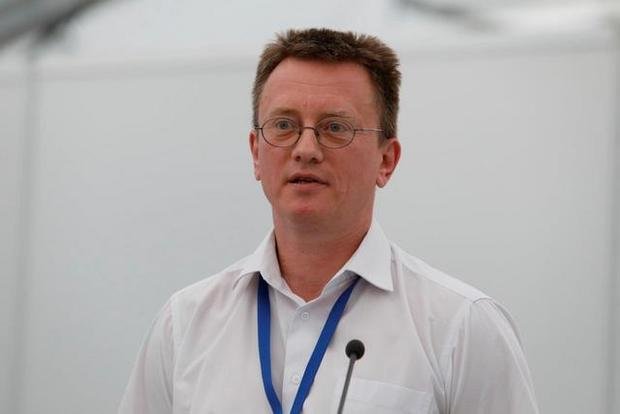
He said that Kazanorgsintez produces low-pressure polyethylene by UNIPOL process, although other polyethylene manufacturers use other technologies. In total, more than 1,8 million tonnes of HDPE are produced in the post-Soviet space, 910,000 tonnes of which are produced by UNIPOL technology.
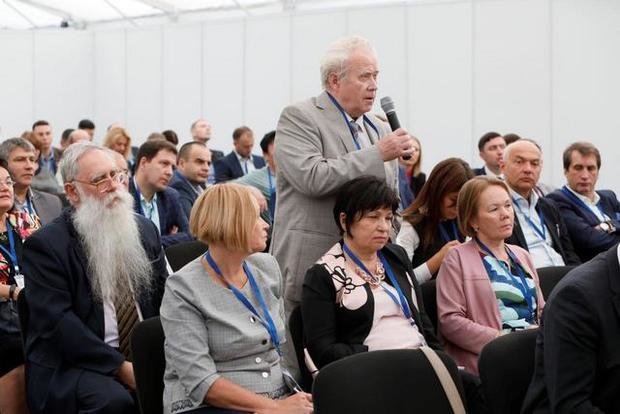
''KOS among the producers of HDPE is the backbone of the economy focused on the processing of polyethylene. This is largely due to our small slowness in the development of new brands,'' said Boris Bobrov. In reply to Alexey Savelchev, he said that the company will produce low-tonnage brands, improve the range.
In conclusion, Bobrov said that competitive challenges are ahead and the need to overcome the surplus in the market of HDPE. ''All this creates the illusion of success and rapid development, but until we learn how to produce domestic catalysts, we will pump rubles to our imported friends,'' said the chief engineer of the plant for the production and processing of low-pressure polyethylene at Kazanorgsintez PJSC.